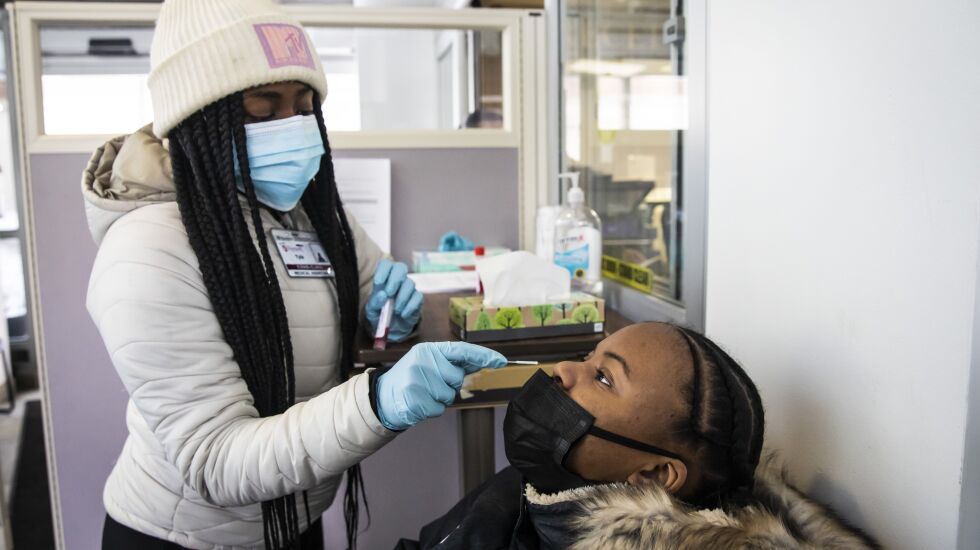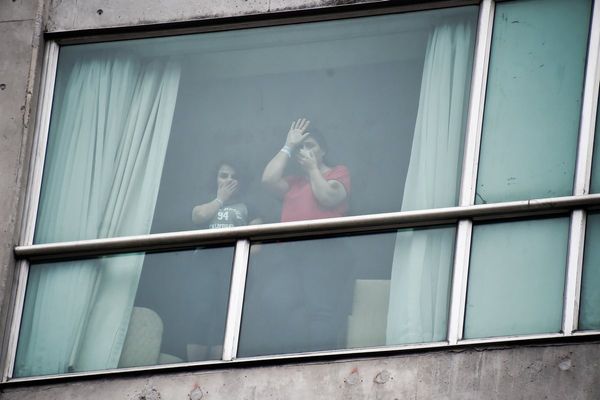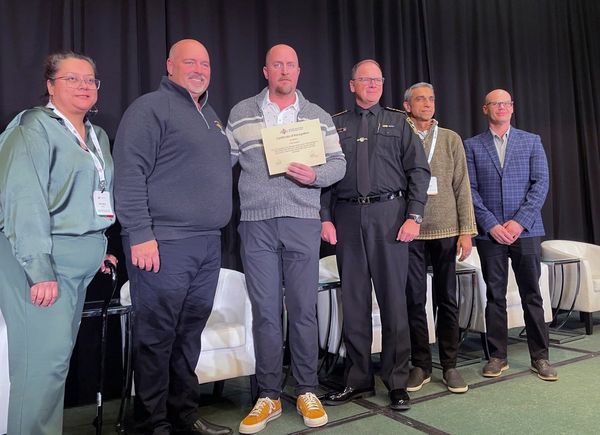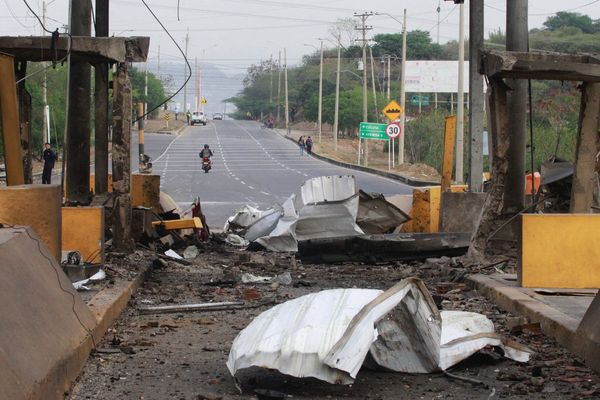
The impact of President Joe Biden’s decision to end both the COVID-19 national emergency and public health emergency on May 11 will become more clear over the next few months, but here’s what the public will notice first: People will have to pay for things they did not have to worry about while the emergency was in place.
The public health emergency allowed the government to provide Americans with COVID vaccines, tests and treatments. With the declarations set to expire, the federal response would be changed to treat the virus as a public health threat that can be managed through everyday agencies.
Vaccines will still be free for people covered by Medicare, Medicaid and private insurance plans after the emergency ends, as long as they’re administered by an in-network provider. But free treatments — like the antiviral pill known as Paxlovid — and tests will no longer be a guarantee.
So, if you’ve been stalling and haven’t gotten the most up-to-date protections against the coronavirus, now is the time to take care of business. Take advantage of those free at-home COVID tests and other free services, especially if you are uninsured or are unsure if you will have insurance in the near future.
A senior official from the Biden administration said the changes will be relatively small at first. The big changes will be more apparent when the government stops buying and distributing vaccines, and eventually moves the whole system to the private market.
Moderna and Pfizer already announced that, once the contract with the government ends, the commercial price for the COVID vaccines will fall between $82 and $130 per dose, which is about three to four times what the government paid.
In Chicago — as of Jan. 24 — 80% of residents have received at least one vaccine dose, 70% have completed the primary series. But only 20% of people have taken advantage of the extra protection the updated booster offers. Still, one good sign is that we’re outpacing the rest of the country: Nationwide, just 15% of Americans have received the updated booster.
The coronavirus has killed more than 1.1 million people in the U.S. since 2020, according to the Centers for Disease Control and Prevention, and more than 500 people continue to die each day.
Don’t let your guard down. The end of the public health emergency does not mean the end of COVID.
The Sun-Times welcomes letters to the editor and op-eds. See our guidelines.







